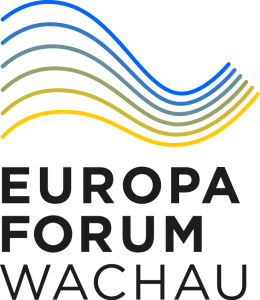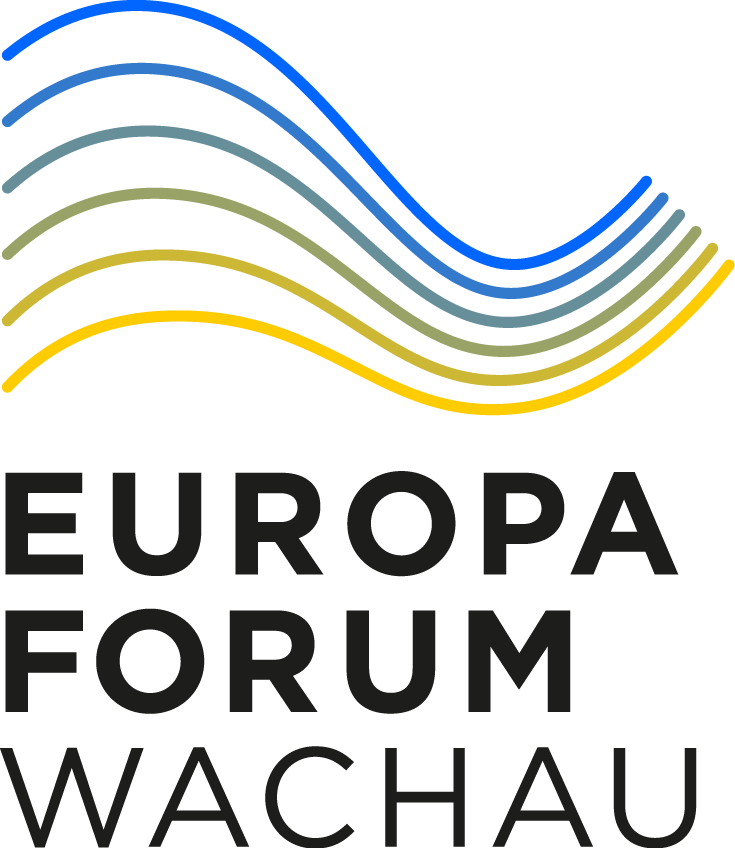LH Mikl-Leitner at the Wachau European Forum in Göttweig Abbey
The Wachau European Forum is being held for the 27th time at Göttweig Abbey. This year's theme is "Building a Resilient, Green and Competitive Europe". Governor Johanna Mikl-Leitner welcomed numerous high-calibre international guests today, Friday.
"If we don't want dreamers or radicals to jeopardise the cohesion of Europe, then the European Union must regain reason and strength," said the Governor in her speech. She advocated an "alliance of the sensible": "An alliance that reminds the European Union and all of us to refocus on the central tasks."
Martin Eichtinger, President of the Europa Forum Wachau, is delighted to have high-ranking international guests on site today and tomorrow. "Together we can make Europe a strong, green and successful Europe." The Vice-President of the European Parliament, Othmar Karas, said that "the challenges and the diversity of issues are not getting any smaller." The crises are very complex and interact with each other. "There is no simple answer to these challenges. We must set out together to become a continent of solutions in the European Union." According to the Vice President, it is not a contradiction to be in favour of secure external borders, legal escape routes and help on the ground.
In a round of interviews, Foreign Ministers Alexander Schallenberg (Austria), Gordan Grlić Radman (Croatia), Jan Lipavsky (Czech Republic) and Miroslav Wlachovský (Slovakia) spoke about EU enlargement in the Western Balkans. Federal Minister Schallenberg said that "unfortunately we have lost 20 years. Twenty years ago, we said that the future of Eastern Europe lay in the EU." When we look eastwards from Göttweig today, we must not forget the south." Minister Lipavský said that it was important to look to the future. "We need political courage in the EU and leaders in the Western Balkans in order to implement reforms." Gordan Grlić Radman emphasised that Croatia was celebrating ten years of EU membership this year. "Who better to help the countries of the Western Balkans than Croatia?" He went on to say that a commitment was needed from the EU, but also from the Western Balkan countries. Minister Miroslav Wlachovský is convinced that "20 years ago there was much more optimism in the world" and that history is currently repeating itself with the war in Ukraine. "It is very important that the Western Balkans join the EU. We need to accelerate the pace."
Gerd Müller, Director-General of the United Nations Industrial Development Organisation (UNIDO), explained that his organisation was founded in the 1960s to support economic development in former colonial countries. Müller explained that there is also "life and challenges outside the EU", which is why answers to global challenges are needed. "Global problems can only be solved globally." For example, a 50 per cent increase in food production is needed to meet the world's future food requirements.
In a round of interviews, Swiss State Secretary Martina Hirayama and Federal Minister Martin Polaschek spoke about cooperation in the fields of science and research. Hirayama emphasised that cooperation between the EU and Switzerland was "beneficial" for both sides. There is solidarity and shared values. "We have an intensive exchange in the economy, we have an established cooperation," she said. Switzerland also maintains close cooperation with Austria, particularly in the areas of education, science and research. Federal Minister Martin Polaschek explained that Switzerland is an "excellent and reliable partner" in matters of education, science and research.
Abbot Columban Luser welcomed the guests to the abbey: "It is part of the Europa Forum's own dynamic that it reacts to certain trends. Events such as war, the migration issue, climate change or the pandemic repeatedly force the EU into a position of reacting. It would be important to take action and set the direction."

